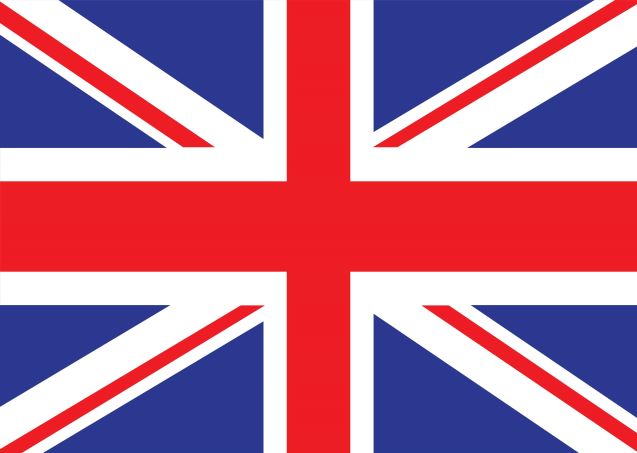The UK’s central bank has said banks are “safe” after regulators agreed a rescue deal for Credit Suisse aimed at preventing fears over banks spreading.
The bank was bought by rival UBS in a Swiss government-backed deal on Sunday after regulators worked frantically round the clock to secure a deal.
It comes amid fears over the global banking system after two smaller US banks failed in recent weeks.
Despite the swift action by regulators, stock markets in the UK and Asia fell.
Japan’s Nikkei 225 was down by 1.4% while the Hang Seng Index in Hong Kong fell by more than 3%.
However, experts are not forecasting a repeat of the 2008 financial crisis when the failure of a number of big banks sparked a global recession.
The Swiss National Bank said the rescue deal for Credit Suisse was the best way to restore the confidence of financial markets and to manage risks to the economy.
The last minute deal valued Credit Suisse at just over $3.15bn (£2.6bn), a fraction of its $8bn price tag on Friday.
But the deal has achieved what regulators set out to do – secure a result before the financial markets opened on Monday.
Mark Yallop, the former UK chief executive of UBS, said the his former employer’s purchase of Credit Suisse “should” do the job of reassuring investors.
“This is a takeover of a challenged institution with particular idiosyncratic problems that relate to it specifically [and are] not reflective of broader issues in the banking markets,” he told the BBC’s Today programme.
“I think this transaction will definitely stabilise [the bank] and should bring a good degree of confidence back to the banking market more generally.”
In a bid to keep cash available through the global financial system, six central banks, including the Bank of England, also announced they would boost the flow of US dollars through the global financial system.
The Bank of England, along with the Bank of Japan, Bank of Canada, the European Central Bank, US Federal Reserve and Swiss National Bank, said the move served as an “important backstop to ease strains in global funding markets” and take the pressure off banks.
In a statement following UBS’s takeover of Credit Suisse, Switzerland’s central bank said the deal protected the Swiss economy “in this exceptional situation”.
The 167-year-old bank is loss-making and has faced a string of problems in recent years, including money laundering charges.
It was given an emergency $54bn lifeline from the Swiss National Bank on Wednesday in a bid to reassure markets, but Credit Suisse shares tumbled 24%, meaning a rescue deal was needed.
Speaking in the Swiss capital Bern after Sunday night’s announcement, UBS chairman Colm Kelleher said the takeover had been “attractive” for UBS shareholders, but described it as “an emergency rescue”.
Mr Kelleher said UBS would be winding down the investment banking part of Credit Suisse.
The UBS chairman said it was “too early” to say what would happen about jobs. The Swiss bank has around 74,000 staff, around 5,000 of them in the UK.
“We need to do this in a rational way thoughtfully, when we’ve sat down and analysed what we need to do,” he said.
Other global financial institutions praised the deal.
The Bank of England said it welcomed the “comprehensive set of actions” set out by the Swiss authorities.
“We have been engaging closely with international counterparts throughout the preparations for today’s announcements and will continue to support their implementation.”
It added the UK banking system was “well capitalised and funded, and remains safe and sound”.
Christine Lagarde, president of the European Central Bank, said she welcomed the “swift action” of the Swiss authorities.
“The euro area banking sector is resilient, with strong capital and liquidity positions,” Ms Lagarde added.
US Treasury Secretary Janet Yellen and Federal Reserve chairman Jerome Powell both said the US banking system remained “resilient”.__BBC.com





